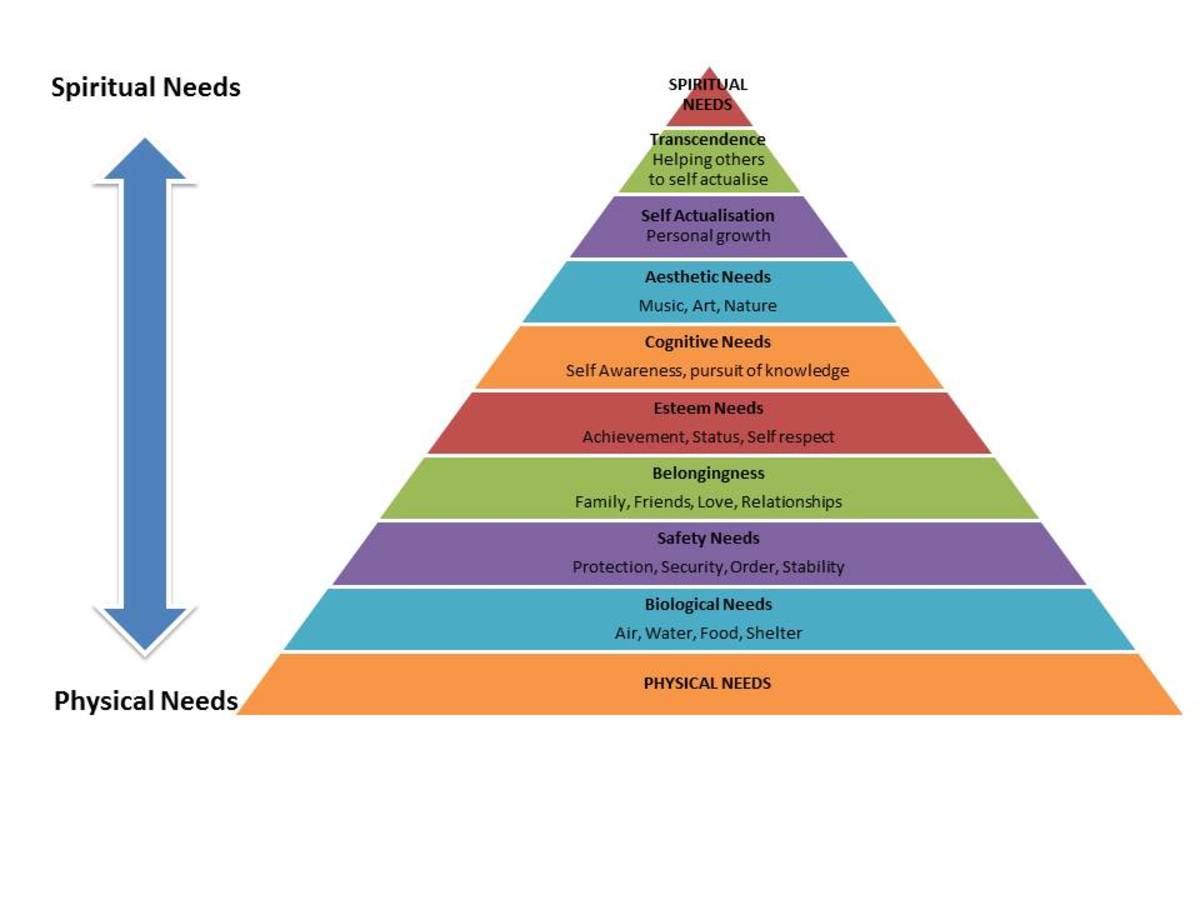3 Ways to Overcome The Fear of Failure While Building a Business

Being naturally risk-averse is one thing humans have in common. As a consequence, the pursuit of something as risky as building a business is quite unnerving.
More often than not. it takes a great deal of courage and convincing on our end before we decide to take a leap of faith. If you are a business-rookie, entering an unfamiliar, risky road of entrepreneurship seems more terrifying than it is exciting
You might find yourself asking this question: “What if I invest my time, effort, and money to raising a business only to end up failing in the end?” The thought of giving your all to something only to end up failing sure feels like digging your own grave. But does it have to get in your way of achieving your dreams?
While fearing failure is normal, it is important that you know how to control it before it unconsciously sabotages your plans. Here are ways you can live with the fear of failure while in the process of building a business.

1. Use your fear as a motivation
Fear and motivation sound contradicting— that’s for sure. As impossible as it may sound, fear can be a powerful motivator if you try to reframe it. It is important to know that the reaction of fear comes when it senses danger.
What fear does is it protects you from the danger of failing. You can start shifting into gratitude by saying, “Thank you for trying to protect me, but I am fine.”
Then, allow your fear to be your counselor. Think about how fear of failure is holding you back from making choices for your business. How would you feel afterward if you took the action or if things remained as they are? Perhaps, your fear is trying to send you a message.
Once you fully understand your source of fear, it is time to take action. This is the hardest step and at the same time the most important. Plan carefully about whether you should push forward with your plans. But remember that good changes only happen when you take a step. Soon you will realize that taking a risk— accompanied by wise planning— is not bad an idea after all.

2. Focus on the greater implications of your business
Think about the good things your business is doing for the world. While your business’ main purpose is to gain profit, it is also existing to provide help to those in need.
For instance, not only does your business help your customers, but you are also providing jobs for your employees and a way for them to make ends meet. It is true, you started out small. But no matter where you came from and where you are now, you started your business out in hopes of helping people.
You have a bigger goal other than to gain profit— and that is to reach out to those in need. When you have a good and clear intention, it will be easier for you to overcome your fear.
Also, taking a risk will open you to realizations and lessons you have yet to discover. You need to experience failure in order to grow. With failure, you will realize the importance of humility and determination.

3. Conquer your perfectionism
Perfectionism is but a product of failure. As an entrepreneur, being a perfectionist can push you to go through the extra mile. While it is important to have a high-standard business strategy, too much perfectionism can be detrimental to your success.
As a perfectionist with fear of failure, you might turn down innovative ideas and risky decisions that could impact the growth of your business. However, it is necessary to adapt to changes across your industry in order to stay competitive, Don’t automatically say no to changes that come your way. Try to run the numbers and get advice regarding the situation.
Don’t let your perfectionism be the cause of your demise. Challenge your inner critic and try to dispute your negative thoughts. Most importantly, try removing your “all-or-nothing” mindset.
Perfectionists tend to think in terms of dichotomies— black or white, all or nothing, success or failure. Yet, this kind of thinking is very unreal. In the real world, no one achieves success smoothly without experiencing failure. No one ever produces a great result without failing in some form— whether it is struggling with your tools or rendering a lousy work. Try to focus on maximizing your progress— including experiments and failures— every step of the way.
© 2020 Marlito Dungog








